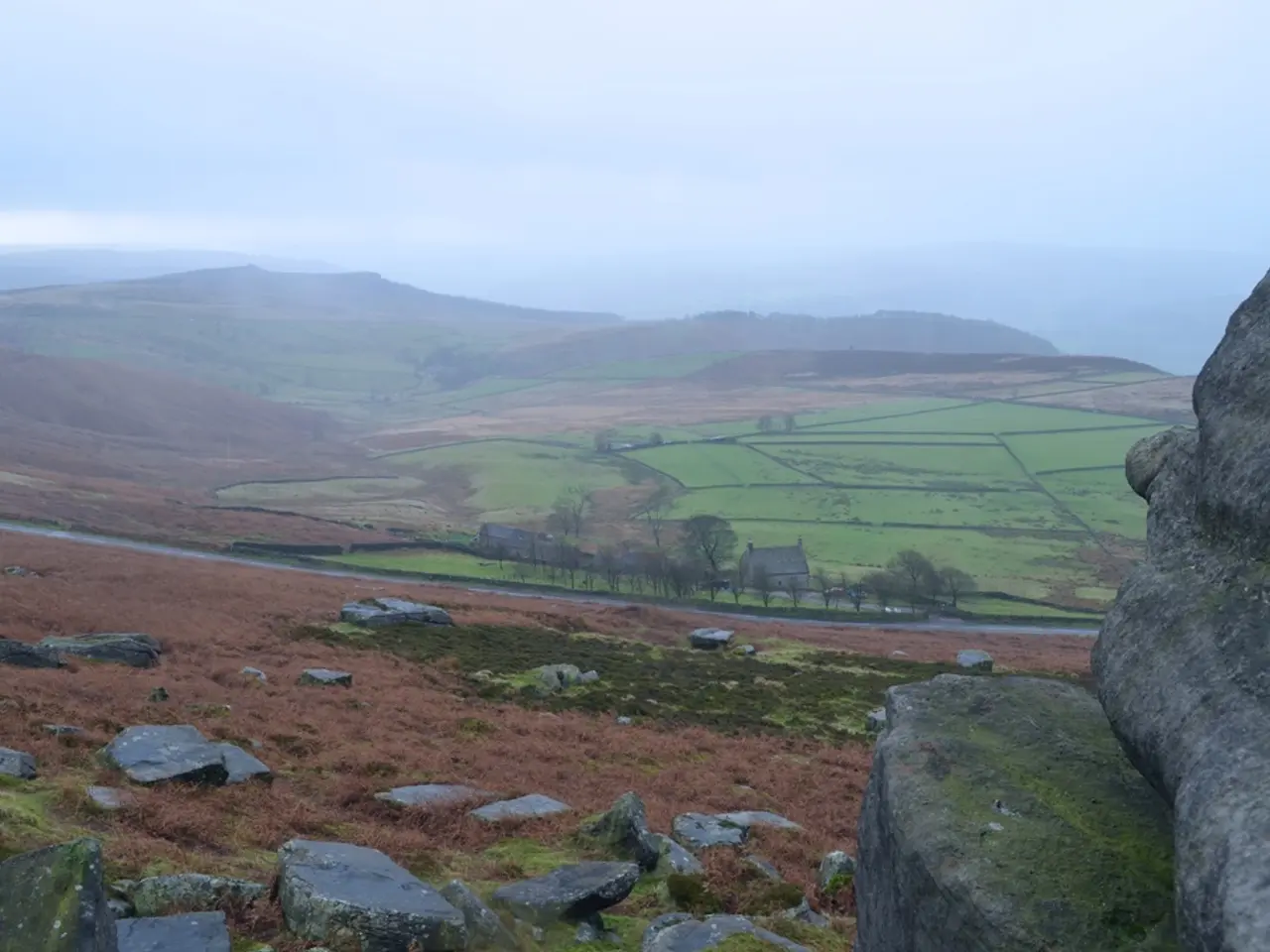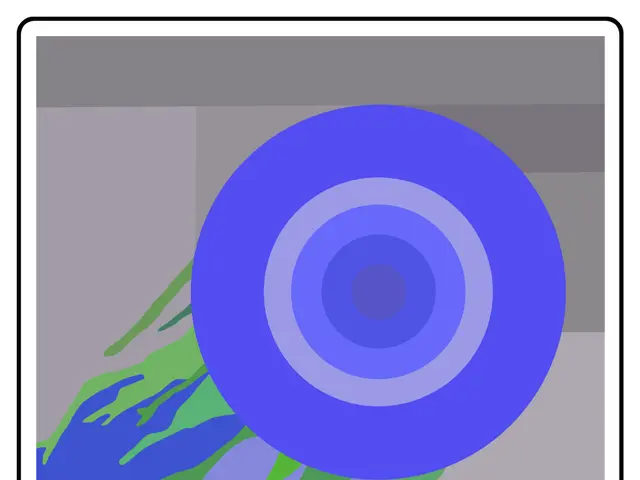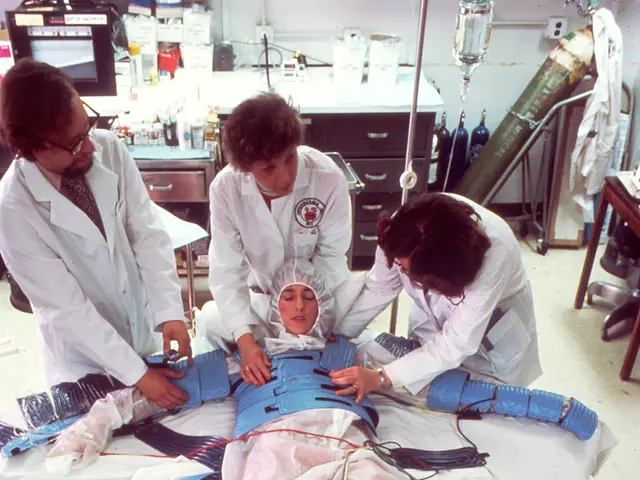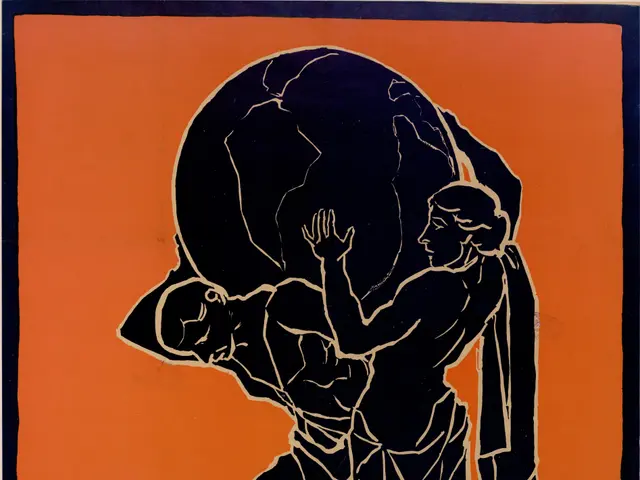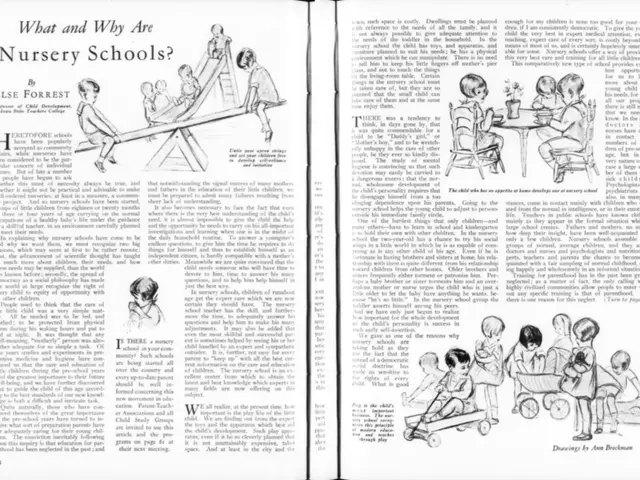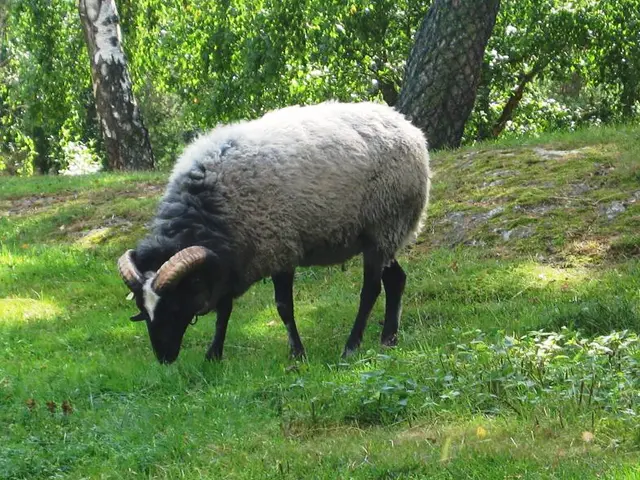Exploring the Captivating Aspects of the Age of Discovery: 10 Intriguing Details Worth Knowing
=====================================================================
The Age of Exploration, also known as the Age of Discovery, was a period of unprecedented adventure and discovery that began in the early 15th century. This era was primarily driven by European desires to find new trade routes, access spices and gold, and expand territorial claims.
Key events leading to its start include Portugal’s sponsored expeditions down the African coast by Prince Henry the Navigator from the 1400s, which established maritime knowledge and early settlements like Cape Verde. Technological advances in navigation and shipbuilding also made longer sea voyages feasible.
This era saw landmark voyages such as Bartolomeu Dias rounding the Cape of Good Hope in 1488 and Christopher Columbus’s 1492 voyage across the Atlantic, which opened the Americas to European exploration. Soon after, other powers like Spain, England, France, and the Netherlands joined the search for new lands and trade routes globally.
The Age of Exploration shaped global history by initiating extensive intercultural contact, trade, colonization, and cultural exchanges between Europe, Africa, the Americas, and Asia. It led to:
- The widespread exchange of goods, crops, animals, and ideas in the Columbian Exchange
- The rise of European maritime empires and global trade networks
- The disruption and transformation of indigenous societies through conquest, slavery, and disease
- The introduction of new technologies and wealth that helped fuel the European Renaissance and eventual modern globalization
The Age of Exploration sparked a renaissance in cartography, with detailed maps emerging as a crucial outcome. These advancements in mapmaking not only aided navigation during subsequent voyages but also played a pivotal role in fostering a more comprehensive understanding of the world’s geography.
However, the Age of Exploration also had a darker side. The interactions between Europeans and indigenous peoples often led to significant cultural changes, with the introduction of new diseases, religious beliefs, and technologies having lasting impacts on both parties. The Age of Exploration led to widespread displacement and exploitation of indigenous populations, with the establishment of colonies taking a heavy toll on native communities.
One of the most significant achievements of this era was Ferdinand Magellan’s expedition, which was the first successful circumnavigation of the globe, providing proof that the Earth was indeed round. Another notable accomplishment was Vasco da Gama’s charting of an unprecedented sea route to India in 1498, opening up new and lucrative trade opportunities with India.
Despite the challenges and hardships faced during this era, the Age of Exploration paved the way for a new era of scientific exploration and understanding. The discoveries made during this time challenged existing geographical and scientific beliefs, paving the way for a more accurate understanding of the world.
The Age of Exploration fostered a rich exchange of ideas, technologies, and customs between different cultures, contributing to the development of societies around the world. Although it was marked by conflict and exploitation, it also laid the foundation for the global interconnectedness we see today.
[1] Kupperman, Karen Ordahl. Voyages in the Age of Discovery: The Iberian Expeditions 1492-1600. Yale University Press, 2012.
[2] Fagan, Brian. The Little Ice Age: How Climate Made History: The Big Thaw and the Modern World. Bloomsbury Publishing, 2000.
[4] Crosby, Alfred W. The Columbian Exchange: Biological and Cultural Consequences of 1492. Westview Press, 2003.
[5] Manning, Patrick, et al. The Oxford History of the British Empire: The Eighteenth Century. Oxford University Press, 1998.
Read also:
- Crisis in a neighboring nation: immediate cheese withdrawal at Rewe & Co, resulting in two fatalities.
- United Kingdom Christians Voice Opposition to Assisted Dying Legislation
- Democrats are subtly dismantling the Affordable Care Act. Here's the breakdown
- Antisebum skincare products (cream, cleanser, and moisturizer) advocating for self-acceptance and skin confidence.
